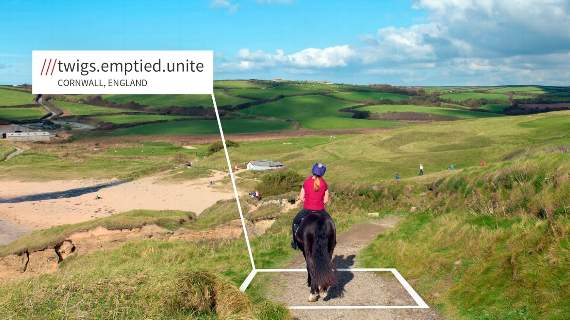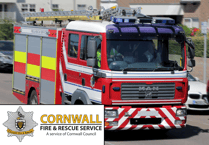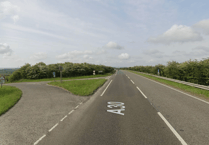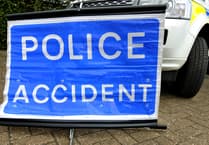EMERGENCY services across the South West are calling for the public to download a live saving app to their phones.
The what3words technology has become an integral tool of ambulance services and police forces in locating callers.
Data from emergency services in the UK shows that the app has been used in more than 3,000 calls to 999 since it was launched as a pilot in 2019.
What3words has divided the entire world into a grid of 3m x 3m squares. Each square has been given a unique combination of three words - a what3words address. Venturing.musical.waiters for example, will take you to St Michael’s Mount, while the top of Caradon Hill has the three words shelving.equity.helpless.
The app is free to download for both iOS and Android and works offline – making it ideal for use in areas of the UK with an unreliable data connection.
More than 80 percent of UK emergency services are now using the whatthreewords technology.
The South West Ambulance Service was one of the first to start offically using the app and it’s now encouraging everyone to download it as part of a week-long campaign.
The service says that in more than a third of incidents where what3words was used, someone needed to be taken to hospital. The most common call-outs to a what3words address include road traffic incidents, locating vulnerable people and patients’ breathing problems
’One of the first questions asked when calling 999 is ’where’s the emergency’ said a spokesperson for what3words.
’ But saying exactly where help is needed can be challenging. Emergencies can happen anywhere, from a remote beach in Cornwall, to the side of the M5, to the middle of Dartmoor National Park. Services often can’t detect where you are automatically, landmark-based descriptions are prone to errors and GPS coordinates are long and difficult to communicate. At best, this is a frustrating drain on resources. At worst, it can mean the difference between life and death.’
In the past year, SWASFT (South West Ambulance Service Foundation Trust) has used what3words more than 500 times to help find people in the South West of England. Among those were Judith White and her husband Cliff, who were walking near the Westbury White Horse when Cliff fell and broke his leg. The call handler was struggling to locate the couple but then Judith remembered that she had installed the app two weeks earlier, after reading about it being used to rescue a driver trapped from an overturned car in her local newspaper.
’I was very fortunate to have the what3words app on my phone to describe the exact location of where my husband, Cliff, broke his ankle,’ she said.
’Without it, it would have been impossible to explain to the ambulance call handler where we were, which was on top of a hill. We would recommend what3words to everyone so that they are prepared in case of an emergency when out and about in the countryside.’
Chris Sheldrick, co-founder and CEO of what3words says: ’A 999 call could be one of the worst times of your life. Having to provide additional directions when you’re under immense stress and the clock is ticking is something that we want everyone to avoid.
’You never know when an emergency might happen, but with what3words, you’ll always be able to say exactly where help is needed - quickly and easily.’
Around the world, what3words is used in 124 control rooms in the UK, Canada, the USA, Australia, South Africa and Germany. As well using the app for emergencies, people are using what3words every day to meet up with friends at parks and on beaches, to share great running and hiking locations, and share match locations with their sports teams.

.jpeg?width=209&height=140&crop=209:145,smart&quality=75)


